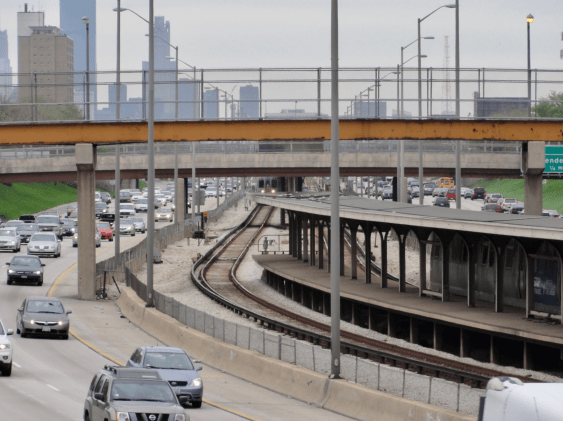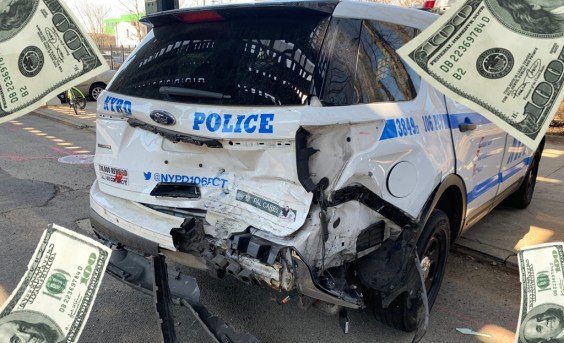The White House Office of Urban Affairs, which has drawn criticism for its inactivity at a rocky economic time for the nation's cities, capped a day-long summit today with a speech by President Obama.
Referencing his formative years as a Chicago community organizer, Obama urged the mayors, governors, and Cabinet secretaries who attended the urban policy summit to think of cities and suburbs as interacting parts of the same metropolitan organism.
At one point, the president sounded a David Brooks-esque note, describing sprawl -- the days of which he declared "over" in February -- as "creating new pressures and problems [but] also opening up new opportunities":
Now, the first thing we need to recognize is that this is not justa time of challenge for America's cities; it's also a time of greatchange. Even as we've seen many of our central cities continuing togrow in recent years, we've seen their suburbs and exurbs grow roughlytwice as fast. It spreads homes and jobs and businesses to a broadergeographic area.
And this transformation is creating newpressures and problems, of course, but it's also opening up newopportunities, because it's not just our cities that are hotbeds ofinnovation anymore. It's our growing metropolitan areas.
Later in his speech, however, Obama criticized a pattern of Washington policy-making that "encouraged sprawl, congestion, and pollution" instead of promoting transit and smart growth.
His urban policy goals remain centered on renewable energy, transit, and high-speed rail, he added, which would not "just make our downtowns more livable [but help] our regional economies grow."
Obama announced a broad inter-agency review of urban policy, which he billed as the first of its kind in three decades, and vowed to send Cabinet officials on a listening tour of the nation's cities this summer.
Meanwhile, Transportation Secretary Ray LaHood sought to do his part for cities today by calling on state DOTs to spend more federal stimulus money in urban and economically disadvantaged areas. Cities have gotten shortchanged on stimulus road funding, though an analysis by Streetsblog Capitol Hill found the top 20 U.S. metro areas faring better when it comes to the smaller pot of transit aid.
LaHood made his remarks during a roundtable with regional reporters. From the Allentown Morning Call's report:
U.S. Transportation Secretary Ray LaHood said Monday that he’sconcerned not enough stimulus dollars are being spent in largemetropolitan areas around that country and he’s urging states toconsider places with higher unemployment when choosing where to directthe government funds.
“These decisions are not being made by DOT,” LaHood told reporterstoday ... “Governors and [state] DOTs are deciding where this moneyis spent and we want to make sure that the money is being spent inhighly economically distressed areas and high unemployment areas.”




